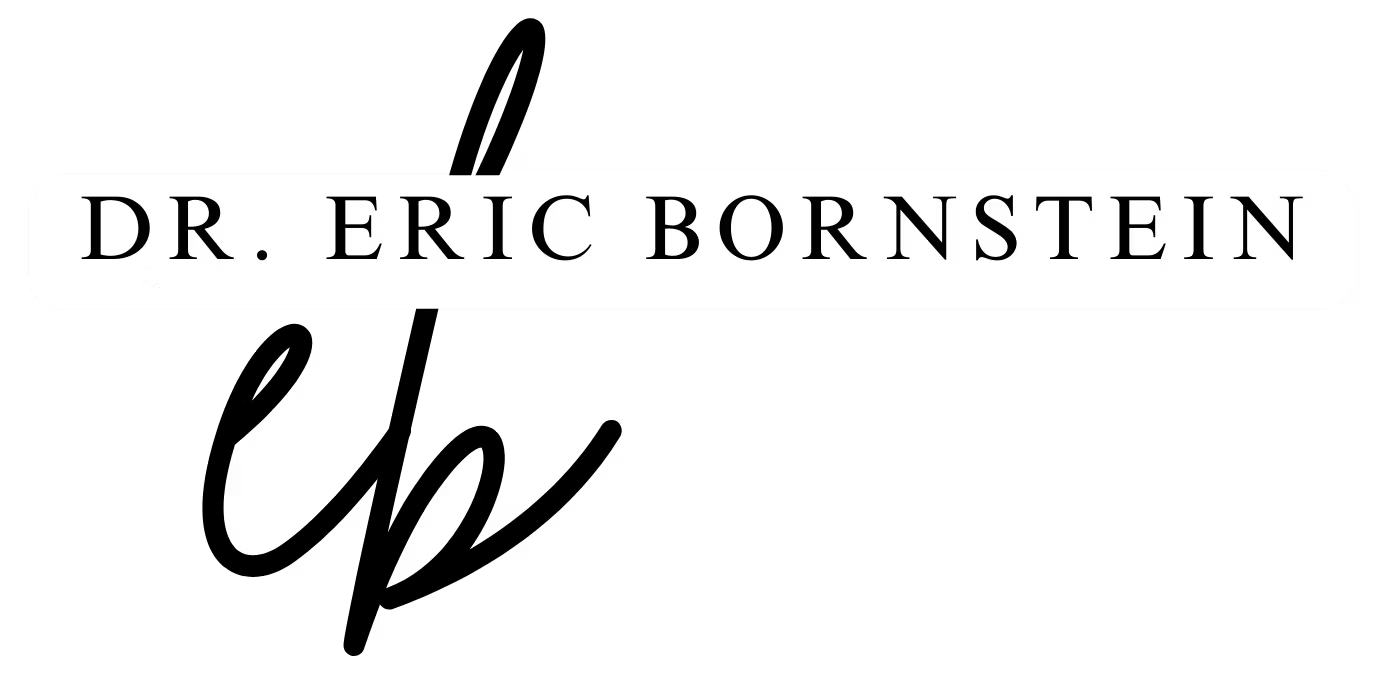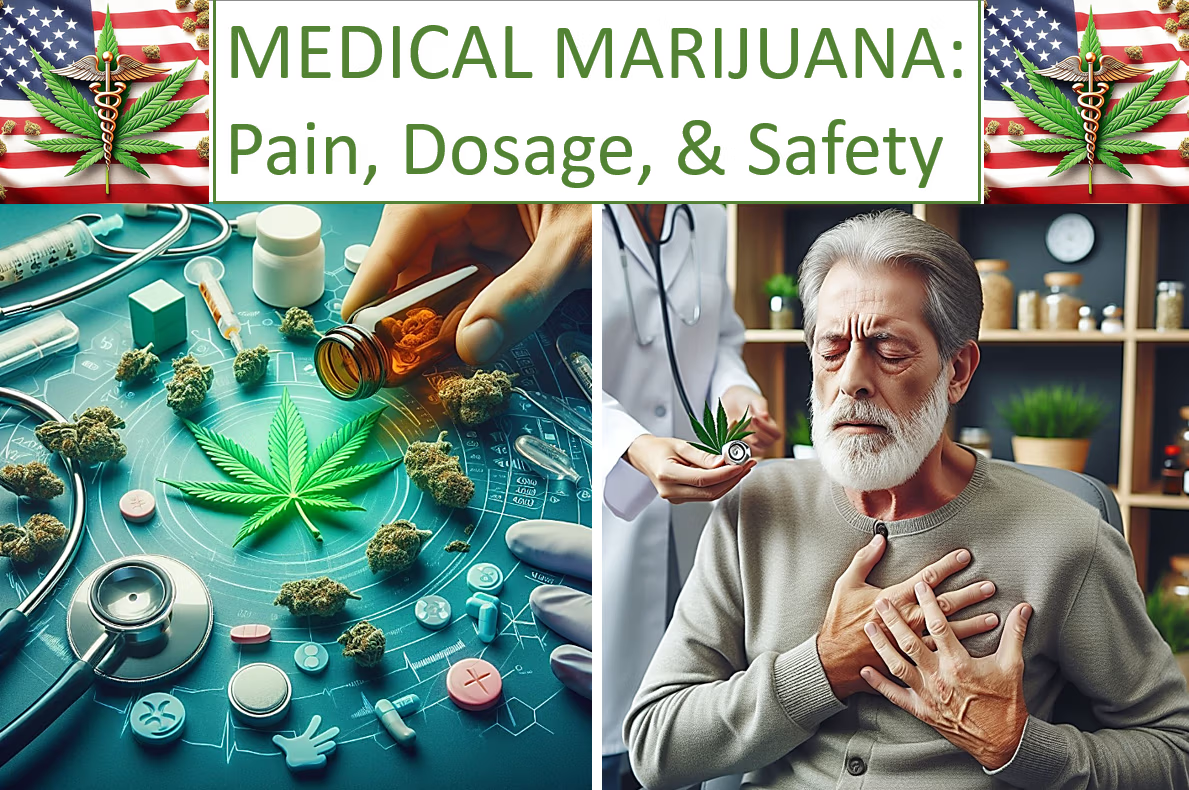Marijuana and Cannabinoids – Four Different CEU Classes
The United States has effectively entered an age of recreational “nuclear-strength” potency marijuana. In 1969 at Woodstock, the average THC potency of Marijuana was 1%. Today, at dispensaries across the nation, marijuana can be purchased at potencies (smokable, edibles, concentrates, and vape-able) anywhere from 500mg THC brownies, to 60%-80% THC “concentrates”, to greater than 90% THC “Vape Juice”. None of these high-potency marijuana products are safe.
There are currently more than 30 states with different laws, rules, and standards for the prescription and use of medical marijuana. Presently, there is no central authority such as the FDA that governs any (a) medical marijuana potency or (b) dosing parameters across the country. Therefore, marijuana for purchase can range from “1%” THC marijuana flour to greater than 90% THC “Vape Juice” and 60%-80% THC “concentrates”.
The availability of highly potent Marijuana extracts, Nicotine, Salvia, Kratom, and other psychoactive substances for vaping is a massive public health problem. High-potency THC and Nicotine “Vape Juice” are now the preferred products for people under 35 years old. New state laws around the nation have allowed for increased availability of these dangerous, addictive psychogenic drug concentrates.
This webinar will examine the effects of vaping THC, Nicotine, Kratom, and other addictive psychogenic concentrates, along with the extremely dangerous synthetic THCs “K2” and “Spice.”
THC and CBD are the two most popular cannabinoids in the United States. The geriatric population frequently uses these drugs to treat pain, anxiety, sleep disorders, and many other conditions affecting older adults. Evidence is insufficient to recommend the use of THC and CBD for these disease states in the elderly, and the use of these cannabinoids may cause a myriad of poly-pharmacy and co-morbidity problems with this population.
In addition, this new 4-hour webinar will cover:
- When an older adult purchases any widely available THC and CBD product, there are significant concerns regarding their safety.
- These concerns include mislabeling, standardization issues, and drug interactions.
- An informed medical professional will be a valuable resource for discussing the use and safety of THC and CBD with older adults.




